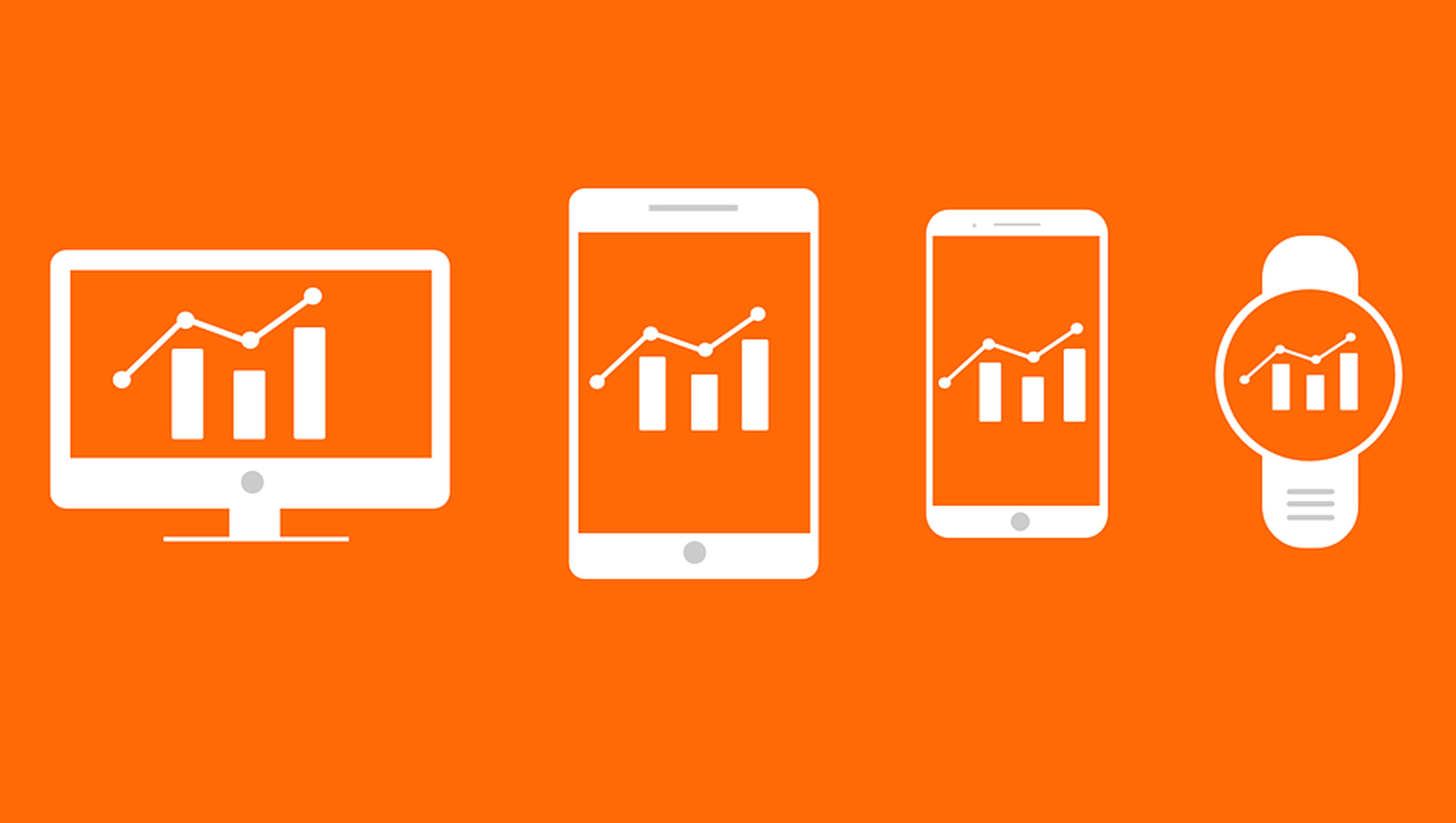 The Internet of Things (IoT), Virtual, Augmented, and Mixed Reality (VAMR), Artificial Intelligence (AI) and Machine Learning (ML) – in a world filled with no shortage of buzzwords, abbreviations and acronyms, the emergence of predictive analytics as a vitally important tool may have some thinking “here we go again.”
The Internet of Things (IoT), Virtual, Augmented, and Mixed Reality (VAMR), Artificial Intelligence (AI) and Machine Learning (ML) – in a world filled with no shortage of buzzwords, abbreviations and acronyms, the emergence of predictive analytics as a vitally important tool may have some thinking “here we go again.”
However, the truth is that predictive analytics tools have been utilized for some time, but they have only recently become an integral part of marketing strategy due to technological advancements and access to an unprecedented amount of data.
Predictive analytics helps brands to examine data through the lens of what “can/will” happen based on “what has happened.” With an ever-increasing amount of consumer data readily available, predictive analytics has never been more important to modern marketers, who are able to glean deeper insights – based on both demographic and behavioral data – into current customers, prospects and others to make better-informed business decisions.
When done right, that ultimately accelerates growth and bolsters brand awareness. Below are three of the many impactful ways that marketers can leverage predictive analytics across a variety of different use cases.
Also Read: Strengthening Predictive Analytics with Intent Data
Lead Generation
Predictive analytics uses consumer data to determine a brand’s ideal customers. In turn, brands are able to better profile and predict future customers based on an analysis of a vast amount of demographic and behavioral data.
Leveraging predictive analytics to fine-tune a brand’s lead-generation tactics will generate a higher percentage of right leads, which will ultimately yield a higher conversion percentage. This will be achieved by better identifying the ideal prospective customer, allowing brands to engage in hyper-targeted strategies to generate new leads in an authentic, non-intrusive manner, which will, in turn, lead to greater success.
Running a successful lead-generation campaign with a predictive model is difficult. It relies on precise timing, messaging, content, channel, and the use of new tools such as chatbots. However, with the assistance of predictive analytics, marketers are much better positioned to successfully target and execute on new leads.
Also Read: 4 Reasons Your Business Needs Predictive Selling
Impactful Marketing Campaigns
Once a marketer has a better understanding of current and prospective customers, they can utilize predictive analytics to better determine which marketing campaigns will be most impactful. Personalized, targeted campaigns can be much more impactful – as well as measurable – than the “spray and pray” campaigns of yesterday. In fact, a recent HubSpot survey found that 91 percent of consumers agree that online ads are more intrusive now than they were two or three years ago; consumer tolerance for this form of lazy marketing communications is at an all-time low.
At its core, marketing has been, and will always be, about relationships. Now, with the help of predictive analytics, modern marketers are able to genuinely understand specific target audiences, allowing them to craft impactful campaigns that will resonate.
Also Read: Four Keys to Unlocking the Power of PredictiveSales
Reduced Churn and Loyalty Optimization
In marketing, it’s well-known that it’s much more difficult, and expensive, to acquire new customers than to simply retain existing ones. Just as modern marketers are able to create profiles of ideal customers, predictive analytics can also be leveraged to help identify customers with high attrition risk. Once a marketer is empowered with this insight, proactive steps can be taken to retain existing customers for as long as possible.
While predictive analytics has the potential to significantly elevate marketers’ capabilities, it shouldn’t be relied on, nor viewed as, an exact science: brands often operate with poor data, which creates a massive challenge to even attempt to apply predictive modeling. However, predictive analytics, if used correctly in conjunction with good, clean, data can ultimately help marketers better manage brands.
Also Read: The Importance of Data Analytics in Marketing Strategies



